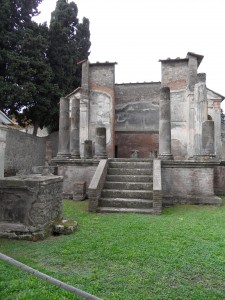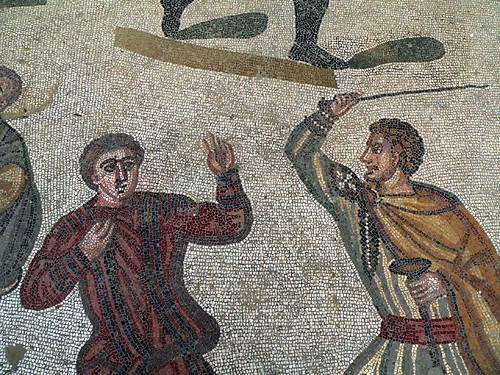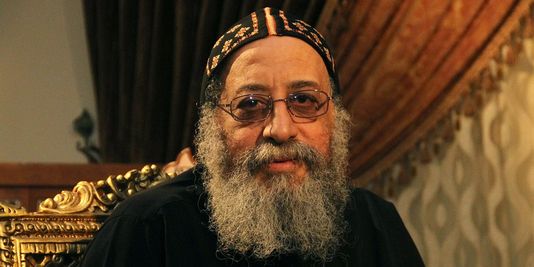
It was a truly historic moment, and one that brought hope for many reasons. The tension built as millions of Copts around the world sat glued to their screens and prayed and chanted Kyrie eleison (Lord have mercy) with those in the cathedral. I hoped fervently that it was only going to be 41 Kyrie eleisons and not 400! Anba Pachomius enjoined everyone to raise their hearts in supplication and submission, and a silent united supplication from millions around the world rose up to entreat God to choose a shepherd after His own heart for His Coptic flock. And then, a little boy named Bishoy dipped his hand into the bowl and pulled out a transparent orb. Time seemed to stretch out forever as Anba Pachomius fumbled with the seal and then unfolded the piece of paper that held the name of the poor man who is to lead the Coptic Orthodox Church into the future. After a quick peek himself, he held it up for all to see, and we had our new Pope…
“Anba Tawadros
General Bishop”
Allow me to share a few impressions at this historic moment in time. Firstly, we must appreciate how wonderfully HE Metropolitan Pachomius has carried out his duties as locum tenens since the departure of Pope Shenouda. He had to care for a bereaved Church and soothe their sorrow (whilst no doubt dealing with his own). He had to tread a careful path in a tumultuous post-revolutionary Egypt, forging good relations with the new authorities while at the same time standing up for the rights of Christians suffering persecution and crying out for a father to defend them. He had to deal with a number of major unresolved issues within the Church, any of which could easily have led to huge splits in sections of the Church. He had to run the papal elections according to an outdated yet necessary set of bylaws, negotiating the conflicting opinions about diocesan bishops and (possibly) ambitious candidates, contrary to the venerable humble spirituality of our Coptic tradition.
All this he carried out with serenity, humility, integrity and profound wisdom. I had a personal experience of this during my recent trip to Egypt concerning one of those sensitive matters, Continue reading “Our Poor New Pope…”
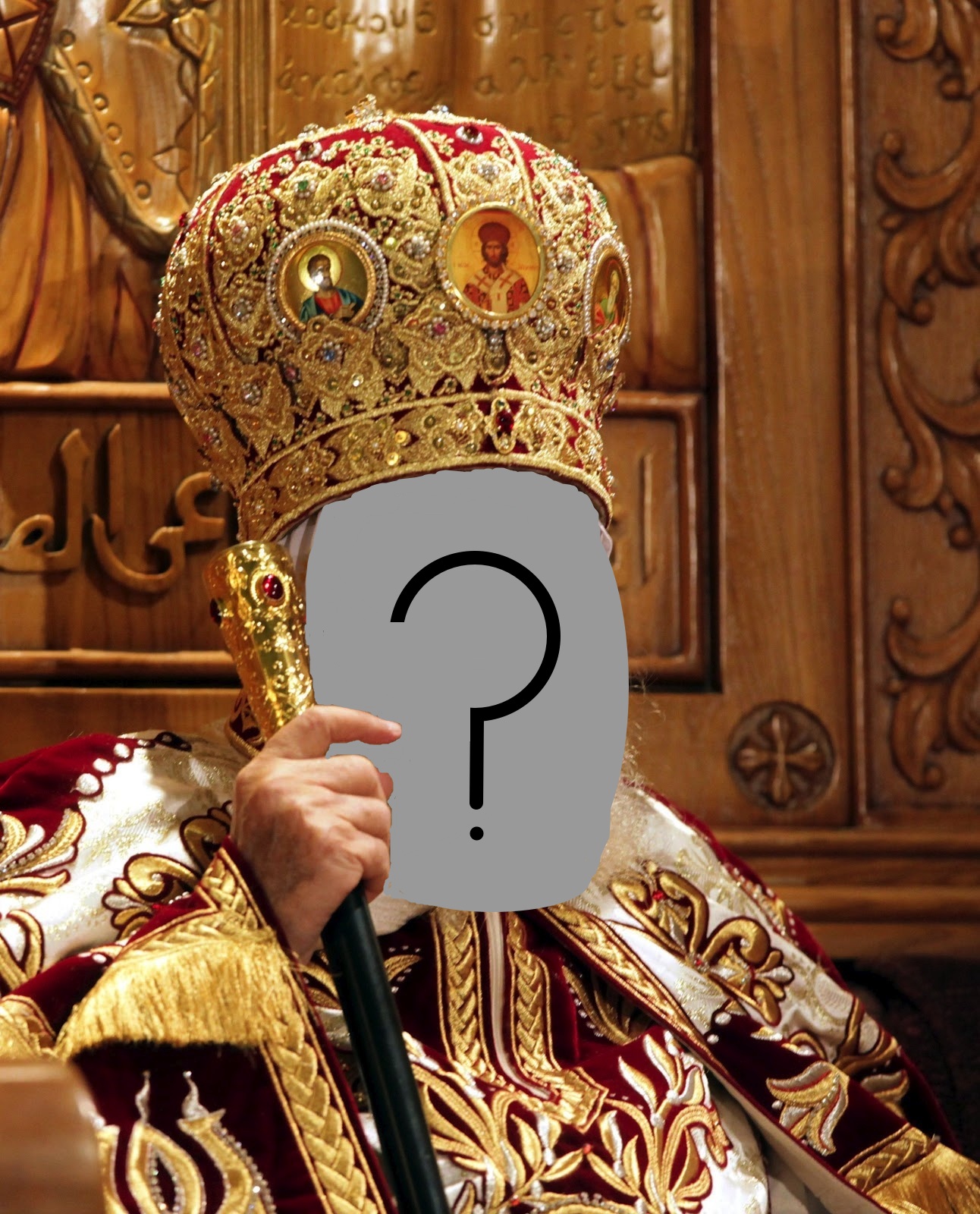
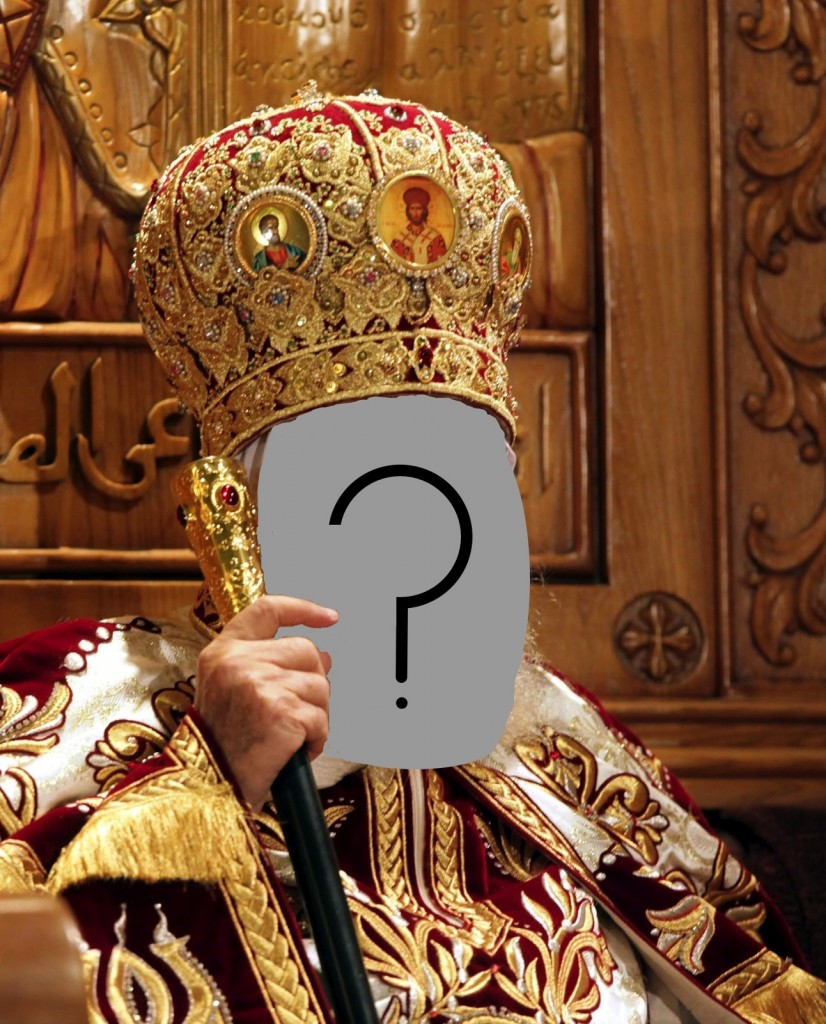

.jpg/220px-Chuck_Kennedy_-_The_Official_White_House_Photostream_-_P060409CK-0199_(pd).jpg)

